Hemp Seed Oil  (Cannabis sativa)
Hemp seed has served as a primary famine food in China, Australia, and Europe as recently as World War 11. Hemp seed?s weight in oil is 30-35% which consists of 80% unsaturated EFAs linoleic acid (omega 6) and linolenic acid (omega 3).
The 80% EFAs in hemp-seed oil is the highest total percentage among the common plants used by man. Flax comes a close second at 72% EFAs. The supreme nutritional benefits of hemp seed oil are mainly due to the perfect ratio of Omega-6 and Omega-3 fatty acids.
Udo Erasmus, author of ?Fats That Heal, Fats That Kill?, noted that the proportions of
hemp seed, with its higher proportion of omega-6 LA, may hold nature?s ?most perfectly balanced oil?.
? HORMONAL BALANCE ? Hemp is the only edible seed containing GLA thus it makes a suitable choice in PMS conditions. The fatty acid profile of hemp makes it more suitable than GLA for long term use. The magnesium rich chlorophyll contained in hemp seed oil is also beneficial in PMS conditions.
? HAIR, SKIN and NAILS ? Medical researchers at the University of Kuopio, Finland, have found evidence of the positive effects of hempseed oil on eczema. Results showed a remarkable reduction in dryness, itching and an overall improvement in the symptoms while they were using hempseed oil. The ideal ratio of essential fatty acids found in hemp seed oil helps stimulate the optimum formation of hair, skin, and nails ? all being derived from the same stem cell line.
? NERVOUS SYSTEM, BEHAVIOUR and ADHD ? Over the last few years there has developed a substantial body of evidence which suggests that children experiencing the developmental disorders of ADHD, dyslexia and /or dyspraxia may also have a deficiency in the fatty acids essential for appropriate structure and effective function of the brain. Two fatty acids ? Arachidonic Acid (AA) and Docosahexaenoic acid (DHA) play a major structural role in the brain, with two others Eicosapentaenoic Acid (EPA) and Dihomogamma-linolenic Acid (DGLA) being important for normal brain activity. Fatty acids such as GLA and ALA found in hemp can be metabolised into these longer chain fatty acids required for optimum brain function.
? CARDIOVASCULAR TONIC ? Omega 3 fatty acids have been shown in hundreds of studies to lower triglycerides and cholesterol levels. The omega 3 fatty acids found in hemp are effective in decreasing blood pressure, platelet stickiness and in decreasing fibrinogen levels, a key marker in atherosclerosis. Research has found that for every 1 percent increase in alpha-linolenic acid (omega 3) content there was a decrease of 5mm Hg in the systolic, diastolic, and mean blood pressure.
? ANTI-INFLAMMATORY ? ALA found in hemp oil has been shown to lower inflammatory markers including C-reactive protein (CRP), serum amyloid A (SAA), and interleukin-6 (IL-6). This anti-inflammatory effect may provide a possible additional mechanism for the beneficial effect of plant n-3 polyunsaturated fatty acids in the prevention of coronary artery disease.
? IMMUNE ENHANCEMENT ? EFA?s have been found to enhance immune function, speed up the rate of immune reactions, help re-establish population control over intestinal bacteria, and enable improved cellular energy for removing waste materials. The balanced fatty acid profile of hemp seed oil can help limit arachidonic acid-derived eicosanoids, thus alter the balance of T-helper cells type 1 and type 2 and so reducing the production of immunoglobulin (Ig)E.
? PHYSICAL PERFORMANCE ? The omega 3 fatty acids found in hemp seed oil help support the cardiovascular system and also reduce the negative effect on the immune system caused by intense exercise.
? METABOLISM ENHANCEMENT ? EFA?s have been shown to link with oxygen and enhance electron transport, key activities in energy output within the cell.
Dosage
One to three tsp daily or as recommended by a practitioner. Best taken with food.
Oil Profile ? 1 tsp (5ml) provides
Linoleic acid ? 2250mg (omega 6)
Gamma Linolenic Acid (GLA) – 115mg (omega 6)
Alpha linolenic acid – 750mg (omega 3)
Hemp seed oil has a ratio of 3:1 omega-6 to omega-3, which is the level suggested by the WHO and present in a healthy Japanese diet.
Potential applications: eczema, allergies, psoriasis, hypertension, acne, dry skin, dandruff, atherosclerosis, elevated cholesterol/triglycerides, rheumatoid/osteoarthritis, auto-immune disorders, fatigue, multiple sclerosis, learning difficulties, ADHD, infections, candida, and sports nutrition.
Pregnancy and lactation ? essential fatty acids are key nutritional factors both before and during pregnancy. Organic hempseed oil provides a ?toxin-free? source of important EFAs which are ideally suited for those looking for suitable alternatives to fish oils.
Known contraindications: Those with gallbladder or liver disorders should introduce nutritional oils into their diets gradually.
Interactions: None known. However, nutritional oils may need to be carefully dosed in those taking anti-coagulant medications.
Useful links: hemp seed oil links well with agnus castus, magnesium, vitamin B6, and a multi-vitamin/mineral in PMS cases.
What’s in the box
Viridian 100% ORGANIC Hemp Seed Oil
Disclaimer
DISCLAIMER: This product may be a complementary medicine and/or not have been evaluated and verified by the South African Health Products Regulatory Authority for its quality, safety or intended use. Use of this product is therefore not intended to compensate for diagnosis, treatment, cure, or mitigation of medical conditions and must not substitute the obtaining of medical advice from a registered health professional for any health or health-related conditions.
Only logged in customers who have purchased this product may leave a review.
Related products
Omega & Essential Oils
Omega & Essential Oils
Boxall&Carmichael Premium Vitality Pack – Reboot / Detox Plus and Sleep
Omega & Essential Oils
Equazen EyeQ Chewable Omega – Learning, Concentration, Capsules 180 s
Omega & Essential Oils
Omega & Essential Oils
Omega & Essential Oils
Omega & Essential Oils
Equazen EyeQ Omega – Brain, Concentration, Learning Capsules 180âs
Omega & Essential Oils


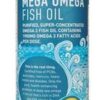


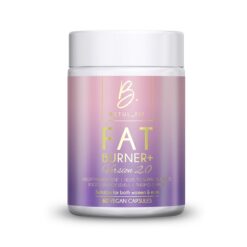
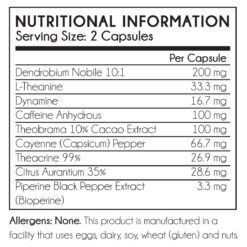
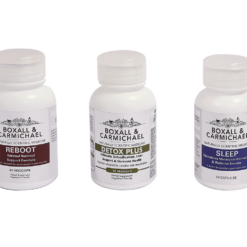
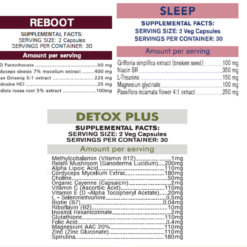
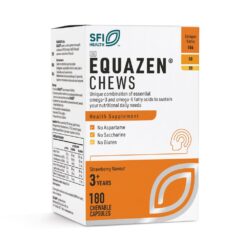


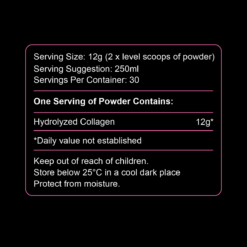
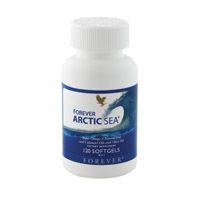
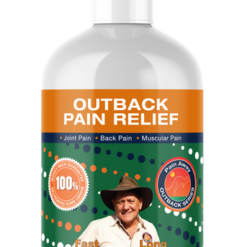
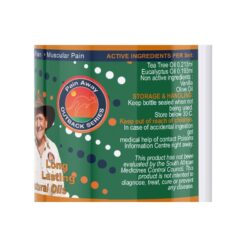
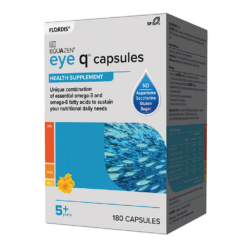

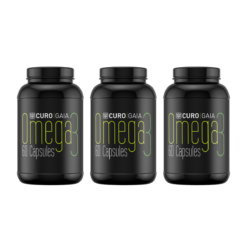
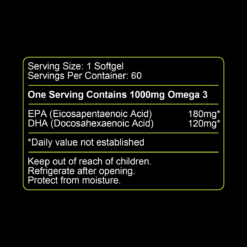

Reviews
There are no reviews yet.